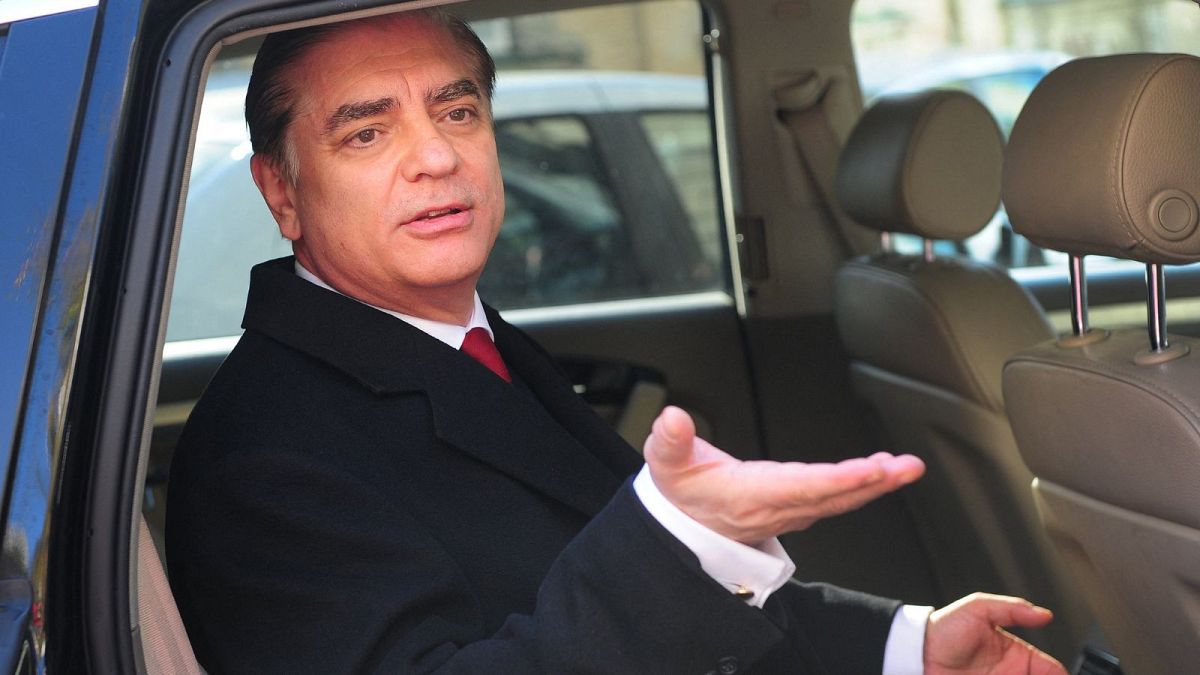Paul Lambrino, an heir to the former Romanian royal family, has refused to be extradited to his home country after being arrested in France last year, saying that the case against him is political.
A court of appeal in Paris will decide on Wednesday on the fate of Paul Lambrino, known as Philip Al Romaniei or Paul of Romania, an heir to the Romanian former royal family who was given a yearslong sentence in the case of the illegal restitution of large plots of land in northern Bucharest.
In December 2020, Lambrino was convicted on appeal by the Romanian High Court of Cassation to 3 years and 4 months in prison for influence peddling, money laundering and bribery.
He was accused of having worked with a gang of criminals between 2006 and 2013 to recover properties he claimed as heir to the Romanian royal family, including the Snagov forest and the Baneasa farm. A total of 18 people were convicted in the same case. Prosecutors, who said that Lambrino had no right to the properties, estimated that the damage made to the state was of about €145 million.
The 76-year-old fugitive ‘prince’ was arrested in France in June 2022 after having fled his country following the sentence. In early October, he refused to be handed over to Romanian authorities.
“I have done nothing illegal or incorrect, I trust France to get me out of this nightmare,” he said. “I’m accused because I’m considered the heir of my grandfather.”
Lambrino’s father Carol Mircea Grigore fought hard to be recognised as the legitimate heir to Carol II, king of Romania from 1930 until his abdication in 1940 in favour of his younger son Michel I.” Lambrino’s father was considered illegitimate.
The entire Romanian royal family was driven out of the country in 1947, when the country was taken over by the communists and their properties were confiscated.
Carol Mircea Grigore obtained recognition as Carol II’s son in Portugal, where he lived, in 1955, then in France in 1963 and in Romania in 2012. His son, Lambrino, has French, British and Romanian nationalities. He moved back to live in Romania in the 1990s, but was never recognised as part of the royal family by his uncle Michel, who died in 2017.
Lambrino claims that he’s being legally persecuted because of his claim to his family’s inheritance.
“It is impossible,” his lawyer, Laurent Pasquet-Marinacce told the French court, “to abstract ourselves from what it represents for the Romanian apparatus given its history.”
“The facts which led to his conviction are directly linked to the status of royal heir that he invokes,” the lawyer added.
